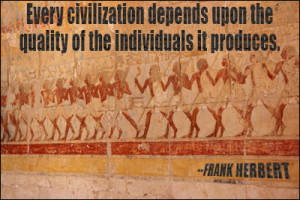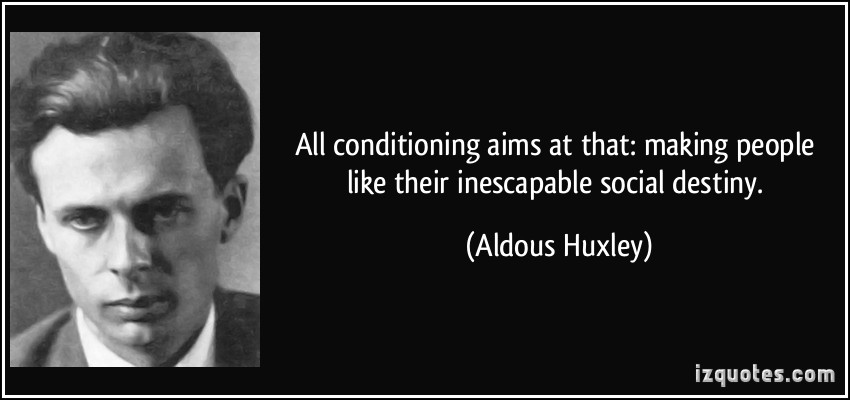

And thereon hangs Huxley's tale.īrave New World is either a perfect-world utopia or its nasty opposite, a dystopia, depending on your point of view: its inhabitants are beautiful, secure and free from diseases and worries, though in a way we like to think we would find unacceptable. Never were two sets of desiring genitalia so thoroughly at odds. The man she's trying to seduce by shedding her undergarment is John "the Savage", who's been raised far outside the "civilised" pale on a diet of Shakespeare's chastity/whore speeches, and Zuni cults, and self-flagellation, and who believes in religion and romance, and in suffering to be worthy of one's beloved, and who idolises Lenina until she doffs her zippicamiknicks in such a casual and shameless fashion. Lenina doesn't see why she shouldn't have sex with anyone she likes whenever the occasion offers, as to do so is merely polite behaviour and not to do so is selfish. The girl shedding the zippicamiknicks is Lenina Crowne, a blue-eyed beauty both strangely innocent and alluringly voluptuous - or "pneumatic", as her many male admirers call her. I myself was living in the era of "elasticised panty girdles" that could not be got out of or indeed into without an epic struggle, so this was heady stuff indeed. A wriggle of the arms, a lifting first of the right foot, then the left: the zippicamiknicks were lying lifeless and as though deflated on the floor." It's a tribute to Huxley's writing skills that although I didn't know what knickers were, or camisoles - nor did I know that zippers, when they first appeared, had been denounced from pulpits as lures of the devil because they made clothes so easy to take off - I none the less had a vivid picture of "zippicamiknicks", that female undergarment with a single zipper down the front that could be shucked so easily: "Zip! The rounded pinkness fell apart like a neatly divided apple. It made a deep impression on me, though I didn't fully understand some of what I was reading.

I first read Brave New World in the early 1950s, when I was 14. What sort of happiness is on offer, and what is the price we might pay to achieve it? Surely it's time to look again at Brave New World and to examine its arguments for and against the totally planned society it describes, in which "everybody is happy now". Would it be possible for both of these futures - the hard and the soft - to exist at the same time, in the same place? And what would that be like? On the wilder fringes of the genetic engineering community, there are true believers prattling of the gene-rich and the gene-poor - Huxley's alphas and epsilons - and busily engaging in schemes for genetic enhancement and - to go one better than Brave New World - for immortality. Shopping malls stretch as far as the bulldozer can see. On the other hand, Brave New World hasn't gone away. The Ministry of Love is back with us, it appears, though it's no longer limited to the lands behind the former iron curtain: the west has its own versions now. Thoughtcrime and the boot grinding into the human face could not be got rid of so easily, after all.

That picture changed, too, with the attack on New York's twin towers in 2001.

True, promiscuity had taken a hit from Aids, but on balance we seemed to be in for a trivial, giggly, drug-enhanced spend-o-rama: Brave New World was winning the race. But when the Berlin Wall fell in 1989, pundits proclaimed the end of history, shopping reigned triumphant, and there was already lots of quasi-soma percolating through society. During the cold war, Nineteen Eighty-Four seemed to have the edge. The other was Aldous Huxley's Brave New World (1932), which proposed a different and softer form of totalitarianism - one of conformity achieved through engineered, bottle-grown babies and hypnotic persuasion rather than through brutality, of boundless consumption that keeps the wheels of production turning and of officially enforced promiscuity that does away with sexual frustration, of a pre-ordained caste system ranging from a highly intelligent managerial class to a subgroup of dim-witted serfs programmed to love their menial work, and of soma, a drug that confers instant bliss with no side effects.


 0 kommentar(er)
0 kommentar(er)
